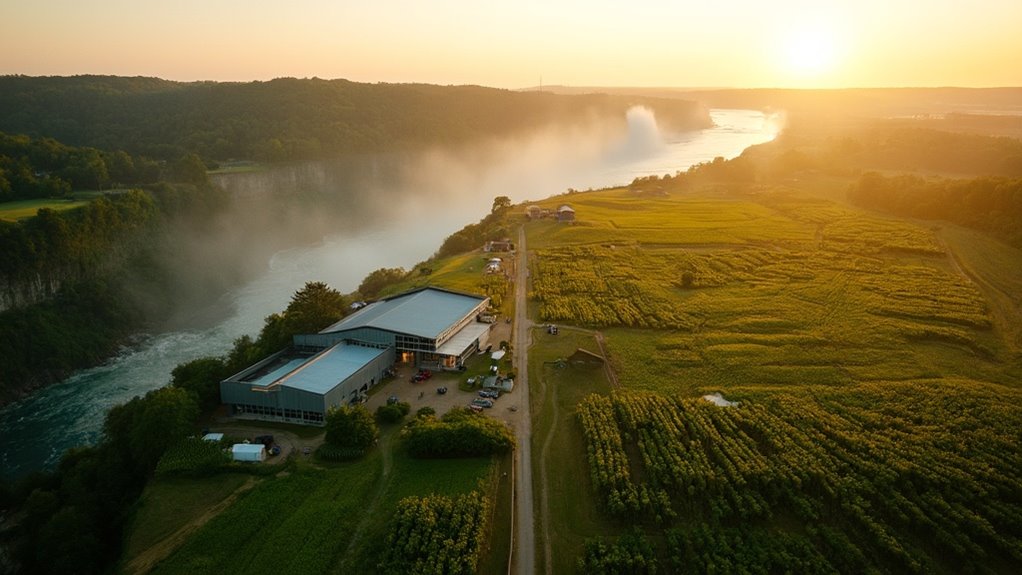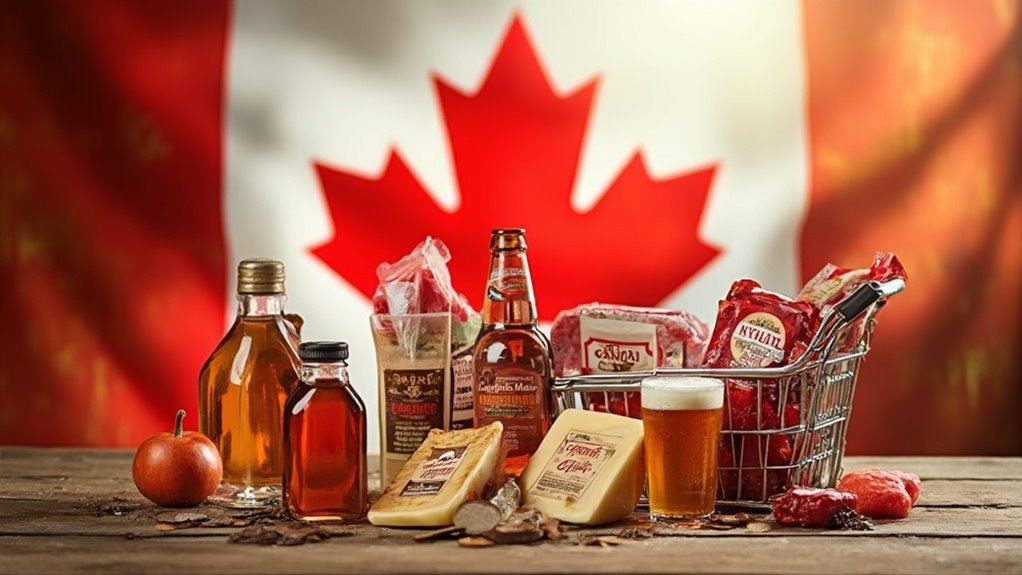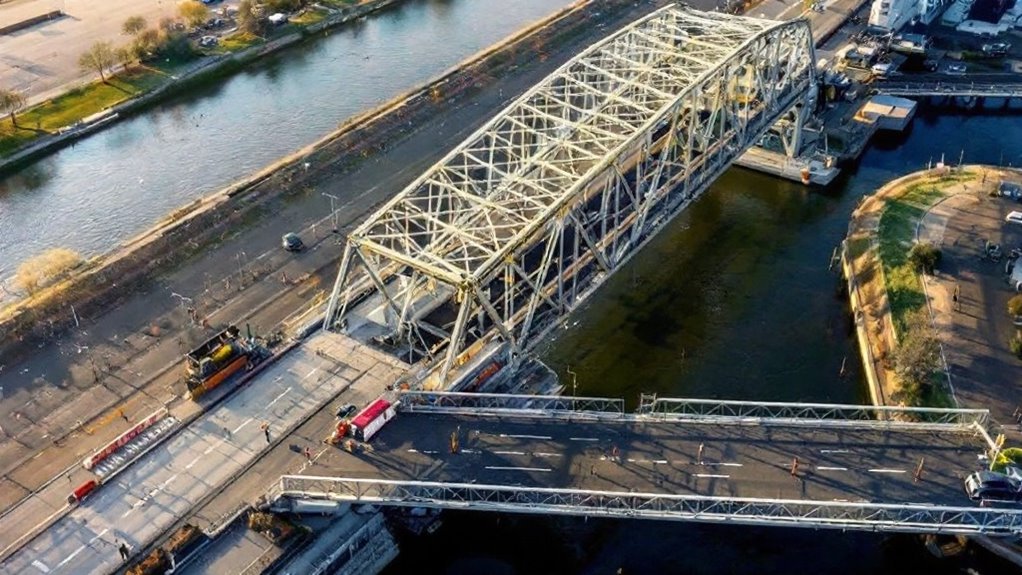The Niagara wine industry stands as a powerhouse for Ontario’s economy, generating over $5.49 billion annually and supporting more than 22,000 full-time jobs across the province. Within the Niagara region itself, more than 6,200 workers are directly employed by the industry that produces 90% of Ontario’s grapes.
The region boasts 185 wineries and 17,000 acres of vineyards in Niagara-on-the-Lake alone. Over 179 grape growers work in this area, contributing to the industry’s success. Wine tourism plays a vital role in the regional economy, bringing in $1.04 billion and supporting nearly 5,900 jobs.
“We’re seeing steady growth in both production and tourism,” said Peller’s president. “With 2.6 million tourists visiting Ontario wineries each year, the industry continues to expand.” The proximity to Niagara Falls helps attract visitors who often include winery tours in their travel plans.
Employment in the wine sector increased by 1.5% over the past five years, despite challenges. Industry projections suggest more than 40,000 direct and indirect jobs could exist by 2030 if growth continues at expected rates.
The economic impact extends beyond direct employment. The industry generates $711.21 million in winery revenues and contributes $706 million in taxes across all government levels. Workers in the Ontario wine industry earn $1.21 billion in wages collectively.
Future growth appears promising, with projections indicating a 75% increase in capital investment by 2030. Plans include planting 4 million new vines over 20,000 acres, with VQA wine sales expected to reach over $500 million annually. The region’s potential for sustainable economic development could generate an additional $8 billion in real GDP over the next 25 years.
The provincial government has shown support through various initiatives, including a $10 million grant in 2021 for COVID-19 relief and extending the VQA Wine Support Program to 2028-29.
Industry leaders are advocating for tax reforms to make Ontario’s wine industry more competitive with other provinces and international regions.
As the industry focuses on sustainability and environmental practices, it’s positioned to become a world-class wine and tourism destination in the coming decades.
With a growing focus on sustainability, Niagara’s wine industry is charting a bold path forward. Learn more about regional trends and opportunities on Marketplace Niagara.









